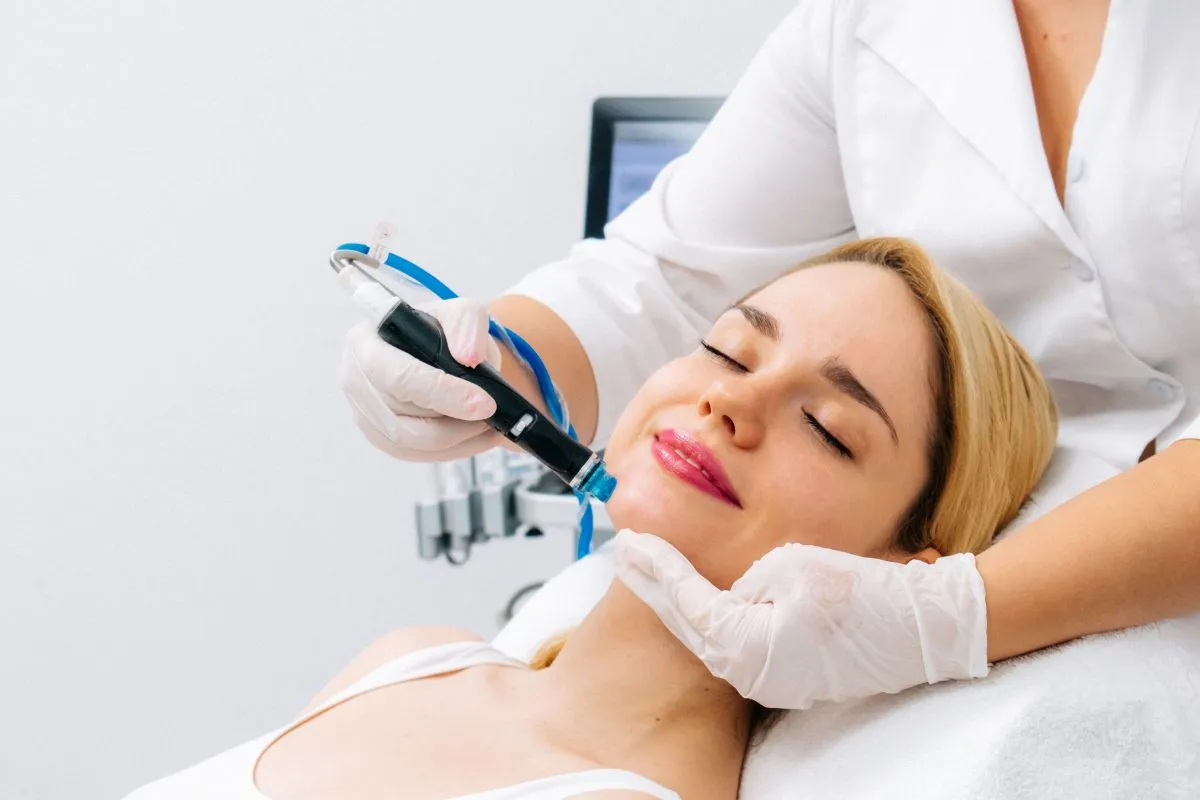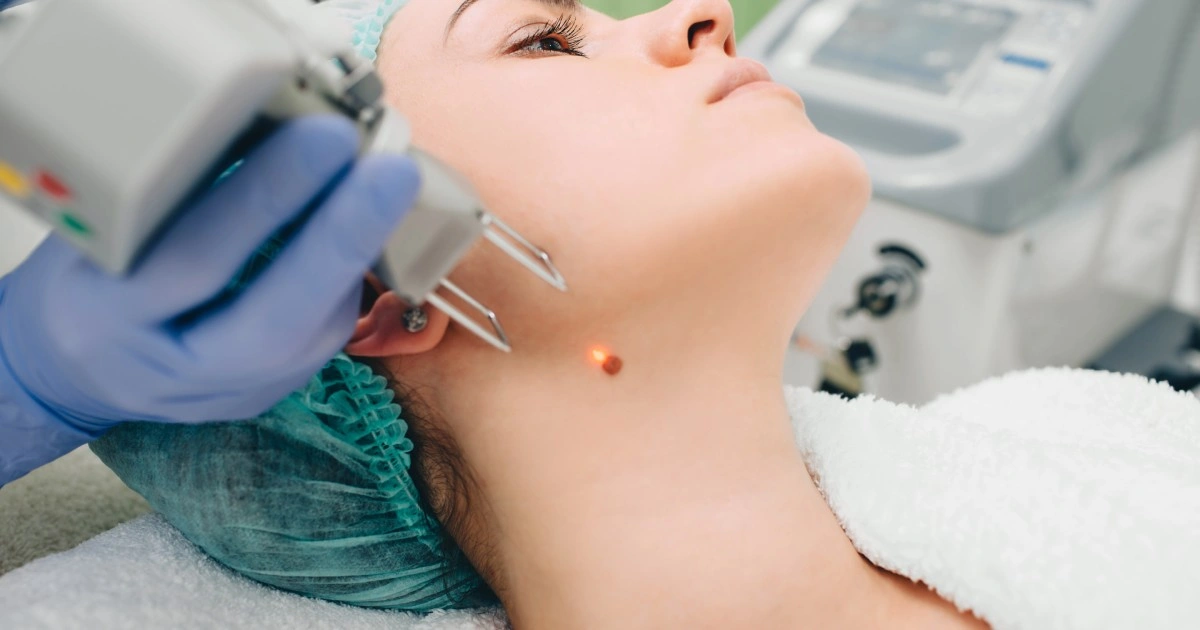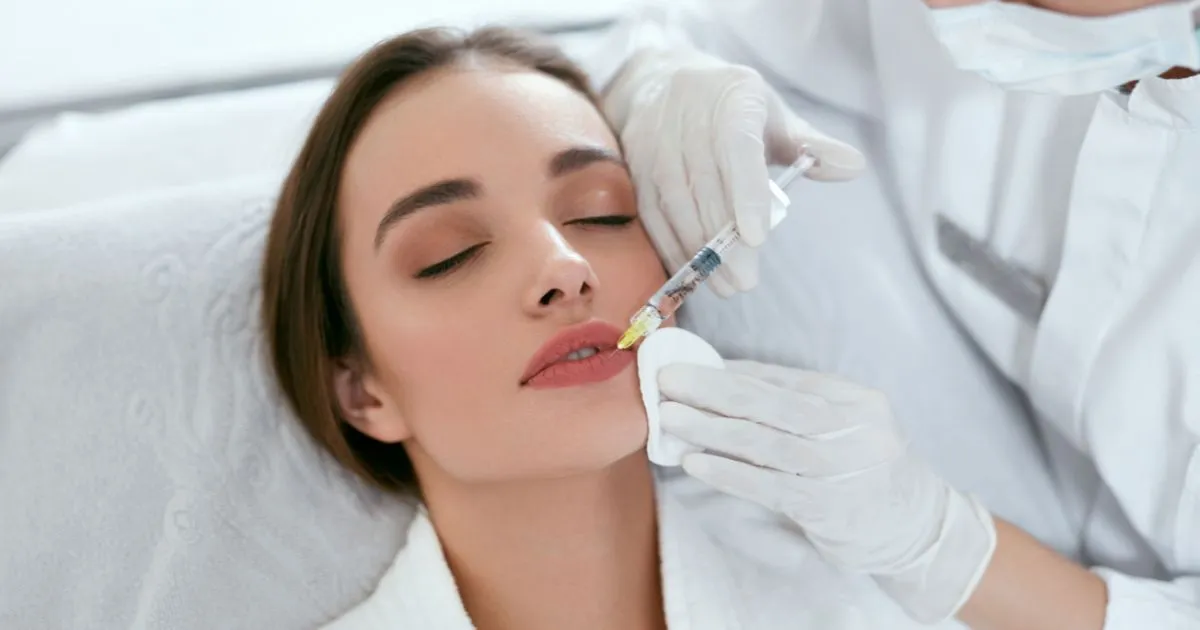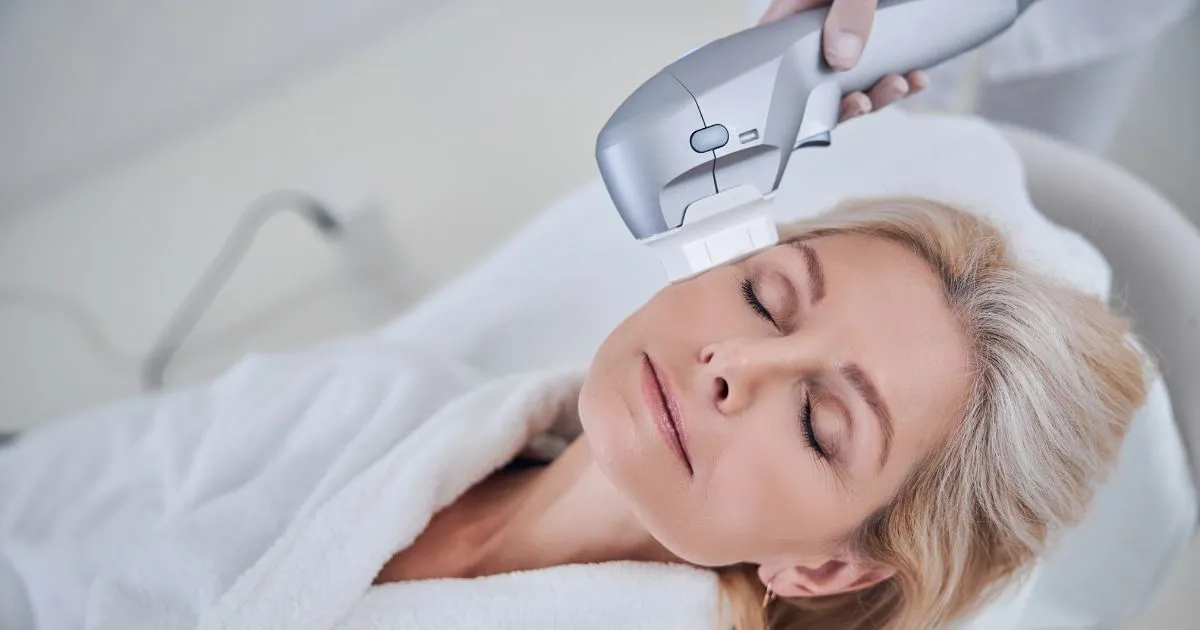Table of Contents
Acne that shows up right before your period, persists well into your 30s and 40s, or stubbornly clusters along your jawline and chin often has a different cause than typical teenage breakouts. This pattern points to hormonal influences that can make traditional over-the-counter treatments feel completely ineffective, leaving many adults frustrated with persistent skin bumps and blemishes that seem impossible to control.
Hormonal acne operates by different rules than regular breakouts, which is why the face wash that worked in high school might be useless against these adult pimples. Understanding what triggers this specific type of acne and how it responds to treatment can make the difference between years of frustration and finally achieving clearer skin.
At Outer Banks Dermatology, we see many patients who’ve struggled with hormonal acne treatment for adults and felt confused about why their skin suddenly started breaking out again or never really cleared up after their teenage years. The good news is that once we understand the hormonal component, effective treatment becomes much more targeted and successful.
Why Hormonal Acne Behaves Differently Than Regular Breakouts
Hormonal acne develops when fluctuating hormone levels trigger oil glands to produce excess sebum, leading to clogged pores and inflammatory breakouts. Unlike bacterial acne that can appear anywhere on the face, hormonal breakouts typically concentrate along the jawline, chin, and lower cheeks where androgen receptors are most sensitive.
The timing of these breakouts often provides the biggest clue about their hormonal nature. Many people notice why hormonal acne flares before period cycles, during ovulation, or at times of hormonal transition like pregnancy, menopause, or when starting or stopping birth control. These patterns help distinguish hormonal acne from other types that might be triggered by bacteria, clogged pores from products, or environmental factors.
What makes hormonal acne particularly frustrating is that it tends to be deeper, more inflammatory, and slower to heal than surface-level breakouts. The pimples often feel tender or painful and may take weeks to fully resolve, sometimes leaving dark spots or minor scarring that adds to the overall skin frustration.
The cyclical nature of hormonal acne also means that just when skin seems to be clearing up, another wave of breakouts appears, creating a pattern that can feel impossible to break without understanding the underlying hormonal triggers.
How Professional Acne Treatment Helps
While over-the-counter products can help mild breakouts, persistent hormonal acne usually requires a more targeted approach to find the best skincare for hormonal acne. At Outer Banks Dermatology, we create customized treatment plans that address both the visible blemishes and the root hormonal triggers.
Benefits include:
- Radiant Skin: Enjoy a complexion with a noticeable reduction in blemishes, blackheads, and clogged pores, revealing a clearer and more luminous appearance.
- Soothing Inflammation: Experience a calming effect on your skin as you see decreased redness and swelling associated with active pimples, leading to a more even tone.
- Smoother Texture: Revel in the sensation of soft, refined skin, characterized by a noticeably smoother surface and significantly fewer bumps for a touchably beautiful finish.
- Scar Prevention: By addressing breakouts at their onset, you can effectively safeguard your skin from the development of lasting scars, ensuring a clearer future complexion.
- Confidence Boost: Embrace the uplift in your self-esteem and daily comfort that comes with having clear skin, empowering you to face the world with renewed assurance and radiance.
Who Is a Good Candidate for Hormonal Acne Treatment?
You may benefit from seeing a dermatologist for hormonal acne if you:
- Have breakouts concentrated along the jawline and chin.
- Notice flares linked to your cycle, pregnancy, or menopause.
- Have tried over-the-counter acne treatments without lasting success.
- Notice acne on jawline and chin causes related to menstrual cycles.
- Experience deep, tender pimples that don’t come to a head.
Even adults with generally clear skin can develop this type of acne. The good news? Effective acne treatment options exist for every skin type. If you’re struggling with acne, don’t hesitate to contact us at Outer Banks Dermatology.
What to Expect From a Professional Acne Treatment Plan
Consultation & Skin Assessment
Your dermatologist will review your medical history, acne patterns, and triggers. This is key to deciding whether prescription skincare, in-office procedures, or both will work best.
Customized Treatment Options
These may include:
- Prescription creams or oral medications.
- Hormonal therapy (for those whose acne is clearly linked to hormone changes).
- Light-based therapies to reduce bacteria and inflammation.
- Gentle chemical peels to unclog pores and improve texture.
Treatment Timeline
Some patients see improvements in 4–6 weeks, while others need several months for optimal results. Patience and consistency are essential.
Maintenance Care
Once your skin is clear, we’ll create a long-term plan to keep it that way especially during times when hormones fluctuate.
FAQs About Hormonal Acne
Why does hormonal acne flare before my period?
Hormone changes during the luteal phase increase oil production, which can clog pores and cause breakouts. This is why many notice a flare-up right before menstruation.
Can hormonal acne happen after pregnancy?
Yes. Hormonal shifts postpartum can trigger acne even in those who never had breakouts before childbirth. Ask about how to stop breakouts from hormonal imbalance during your consultation.
Does diet really affect hormonal acne?
While it’s not the main cause, high-glycemic foods and dairy may worsen inflammation in some people. Your dermatologist can help identify possible dietary triggers.
Why See a Dermatologist for Hormonal Acne Instead of Just Buying Products?
Drugstore cleansers and spot treatments can’t address deeper hormonal imbalances. A dermatologist for hormonal acne can:
- Diagnose the root cause of your breakouts.
- Prescribe treatments strong enough to target cystic pimples.
- Offer in-office procedures to speed up healing and reduce scars.
If you’re searching for an acne dermatologist near Nags Head, NC, our clinic offers both advanced medical treatments and compassionate care.
Take Control of Your Skin Health
Hormonal acne can be frustrating, but with the right treatment plan, clear skin is possible at any age. At Outer Banks Dermatology, we provide advanced, personalized solutions for hormonal acne treatment in Nags Head, NC. Whether you’re struggling with monthly flares, deep cysts, or lingering blemishes, our goal is to restore your skin’s health and your confidence.
Book your acne treatment consult in Nags Head today and take the first step toward long-term clarity and confidence.







